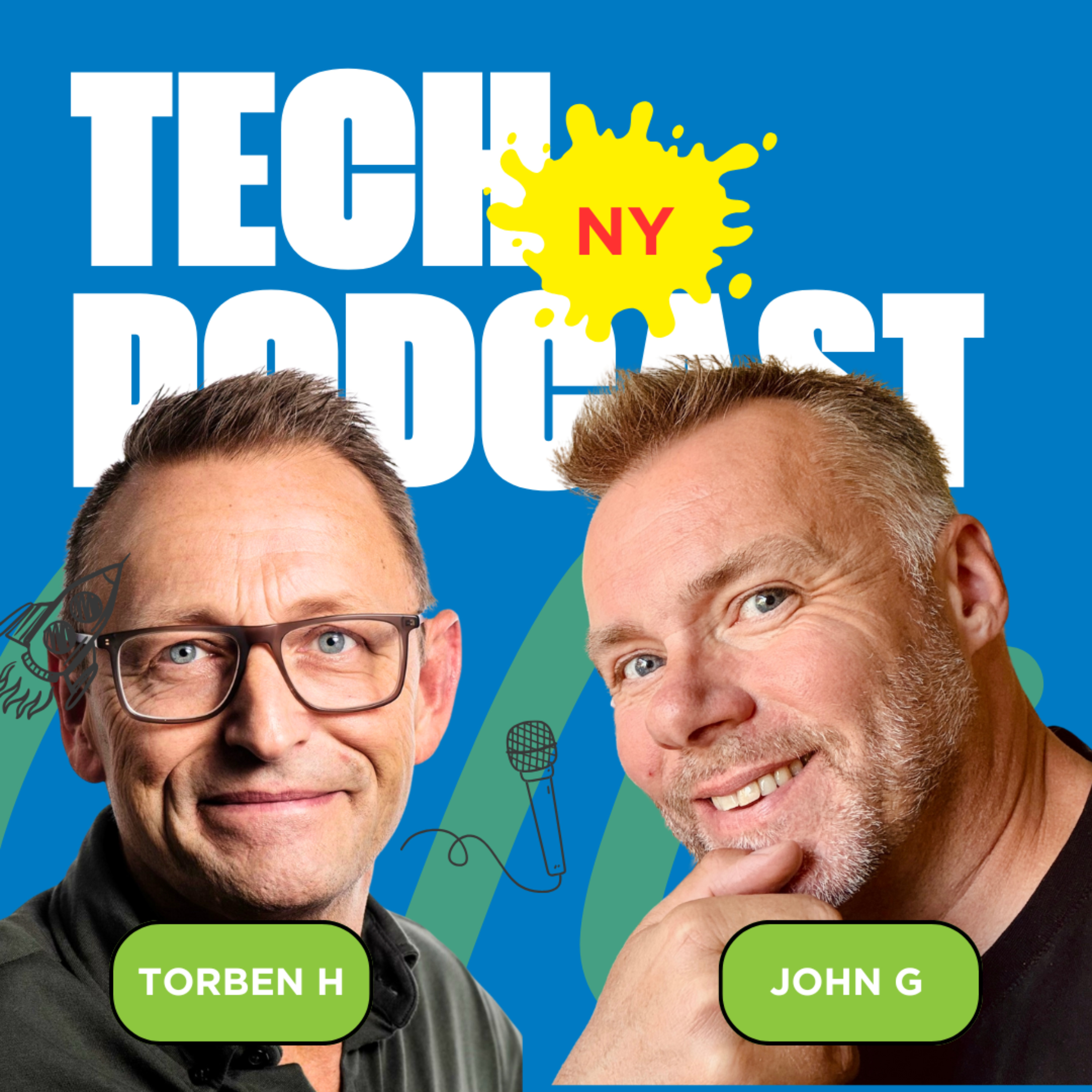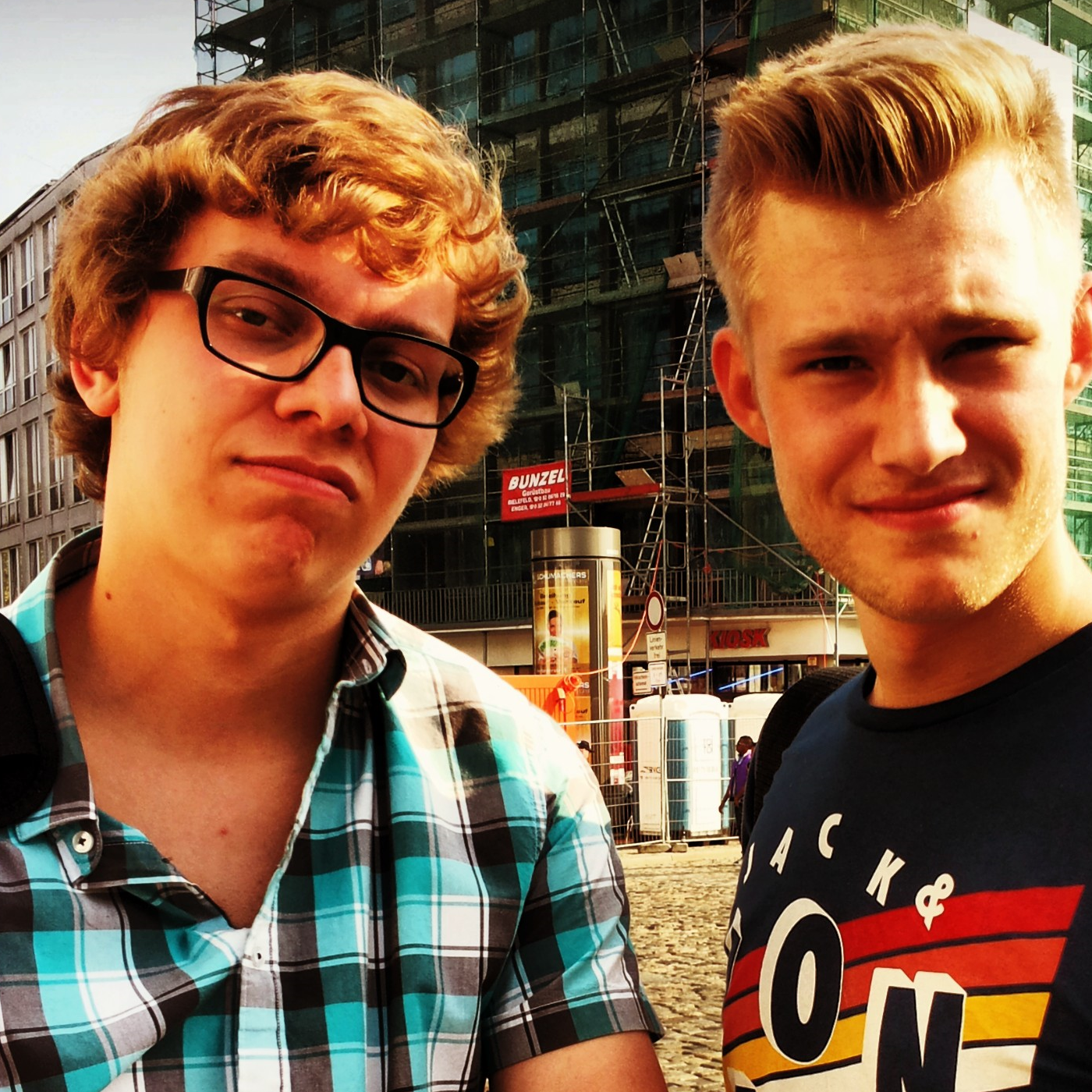 |
How to Fix the InternetAuthor: Electronic Frontier Foundation (EFF)
The internet is brokenbut it doesnt have to be. If youre concerned about how surveillance, online advertising, and automated content moderation are hurting us online and offline, the Electronic Frontier Foundations How to Fix the Internet podcast offers a better way forward. EFF has been defending your rights online for over thirty years and is behind many of the biggest digital rights protections since the invention of the internet. Through curious conversations with some of the leading minds in law and technology, this podcast explores creative solutions to some of todays biggest tech challenges. Hosted by EFF Executive Director Cindy Cohn and EFF Associate Director of Digital Strategy Jason Kelley, How to Fix the Internet will help you become deeply informed on vital technology issues as we work to build a better technological future together. Language: en Genres: News, Tech News, Technology Contact email: Get it Feed URL: Get it iTunes ID: Get it Trailer: |
Listen Now...
Building and Preserving the Library of Everything
Episode 10
Wednesday, 10 September, 2025
All this season, “How to Fix the Internet” has been focusing on the tools and technology of freedom – and one of the most important tools of freedom is a library. Access to knowledge not only creates an informed populace that democracy requires, but also gives people the tools they need to thrive. And the internet has radically expanded access to knowledge in ways that earlier generations could only have dreamed of – so long as that knowledge is allowed to flow freely.(You can also find this episode on the Internet Archive and on YouTube.) A passionate advocate for public internet access and a successful entrepreneur, Brewster Kahle has spent his life intent on a singular focus: providing universal access to all knowledge. The Internet Archive, which he founded in 1996, now preserves 99+ petabytes of data - the books, Web pages, music, television, government information, and software of our cultural heritage – and works with more than 400 library and university partners to create a digital library that’s accessible to all. The Archive is known for the Wayback Machine, which lets users search the history of almost one trillion web pages. But it also archives images, software, video and audio recordings, documents, and it contains dozens of resources and projects that fill a variety of gaps in cultural, political, and historical knowledge. Kahle joins EFF’s Cindy Cohn and Jason Kelley to discuss how the free flow of knowledge makes all of us more free. In this episode you’ll learn about: The role AI plays in digitizing, preserving, and easing access to all kinds of information How EFF helped the Internet Archive fight off the government’s demand for information about library patrons The importance of building a decentralized, distributed web to finding and preserving information for all Why building revolutionary, world-class libraries like the Internet Archive requires not only money and technology, but also people willing to dedicate their lives to the work How nonprofits are crucial to filling societal gaps left by businesses, governments, and academia Brewster Kahle is the founder and digital librarian of the Internet Archive, which serves millions of people each day and is among the world’s largest libraries. After studying AI at and graduating from the Massachusetts Institute of Technology in 1982, Kahle helped launch the company Thinking Machines, a parallel supercomputer maker. In 1989, he helped create the internet's first publishing system called Wide Area Information Server (WAIS); WAIS Inc. was later sold to AOL. In 1996, Kahle co-founded Alexa Internet, which helps catalog the Web, selling it to Amazon.com in 1999. He is a former member of EFF’s Board of Directors.








